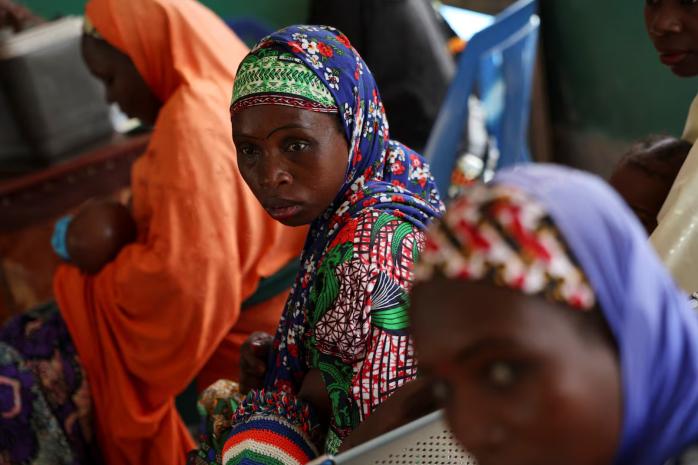Over 600 malnourished children dead in Nigeria as aid cuts deepen crisis

In a report released on Friday, MSF revealed that 652 children died between January and June 2025 in their treatment centres, mainly because they could not access help early enough.
More than 600 children battling malnutrition have died in northern Nigeria over the past six months, as a deepening hunger crisis continues to overwhelm health services, Doctors Without Borders (MSF) has reported.
The medical charity says growing insecurity, sharp cuts in foreign aid, and rising living costs have worsened an already dire situation.
In a report released on Friday, MSF revealed that 652 children died between January and June 2025 in their treatment centres, mainly because they could not access help early enough.
The organisation recorded a 208 percent increase in cases of severe acute malnutrition in children compared to the same period last year.
"Since the start of the year, 652 children have died in our treatment centers, largely because they could not access care early enough," MSF said, describing the scale of the emergency as deeply alarming.
Northern Nigeria remains heavily affected by insurgent violence, particularly from jihadist groups. But MSF says the crisis is being made worse by recent aid cuts, including those introduced under U.S. President Donald Trump’s administration, which reduced international aid funding.
Additional cuts from the UK and European Union have further weakened humanitarian operations in the country.
“We are facing a crisis that has already surpassed all previous projections,” said Ahmed Aldikhari, MSF’s country representative in Nigeria. He warned that the lack of support is crippling efforts to save lives.
The effects go beyond children alone. A separate MSF survey of 750 pregnant and breastfeeding women found that over half were acutely malnourished, with 13 percent suffering from the most dangerous form of the condition.
The World Food Programme (WFP) has echoed the alarm, estimating that around 31 million Nigerians are living with acute hunger. WFP’s country director, David Stevenson, said this week that the agency may soon be forced to stop emergency food and nutrition support for 1.3 million people in the northeast by the end of July due to a lack of funding.
Humanitarian groups are now calling on the global community to respond urgently. Without immediate action, they warn, the crisis could grow far worse and lead to even more preventable deaths.
